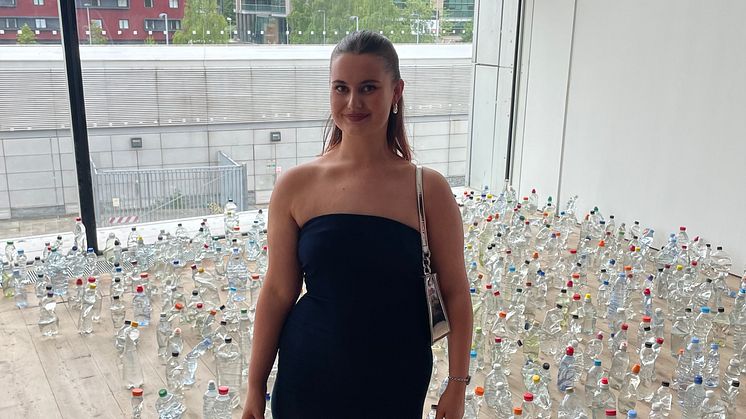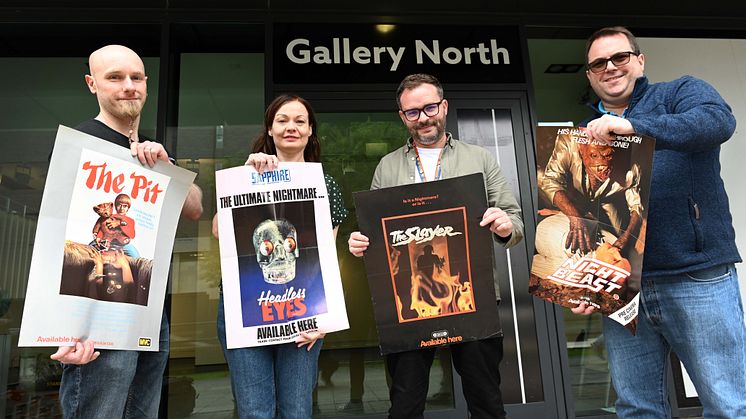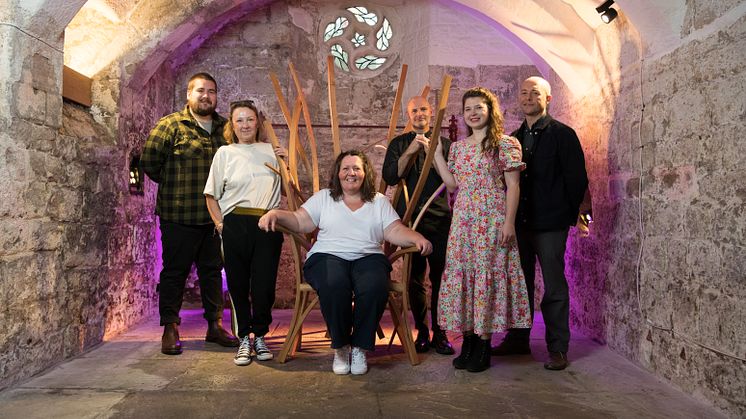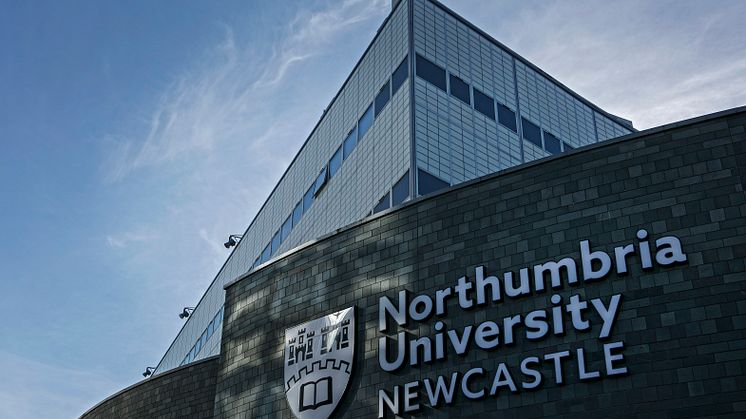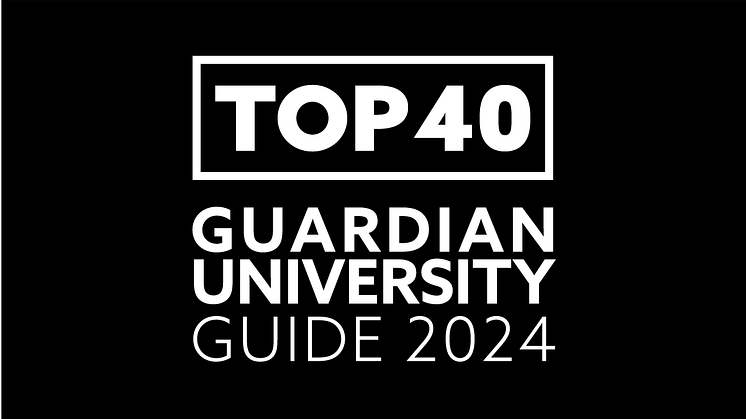Press release -
EXPERT COMMENT: How reading ‘dark academia’ novels can help new students feel more at home at university
Caron Gentry, Professor Vice-Chancellor of the Faculty of Arts, Design and Social Sciences at Northumbria University, discusses the positive impact that 'dark academia' can have on new university students.
Over the next few weeks, over a million new university students will be heading to campus. Many of them may be nervous about what lies ahead, which is understandable given that most of them will be in a new place, living away from home for the first time, and faced with the prospect of building an entirely new friendship group.
One of their main worries will be about establishing a sense of belonging. Anxiety around this is completely normal, but I believe that reading literature from the “dark academia” genre could help put such fears to rest.
Dark academia began as a social media aesthetic around 2015. It romanticises university life through images of leather-bound books with yellowed pages, wet cobblestones, gothic architecture shrouded in mist, and students in leather brogues, vintage sweaters and tweed jackets.
It became popular during lockdown, when university students were isolated in dorm rooms and secondary students envisioned freer future lives. Dark academia is heavily inspired by gothic literature and includes The Secret History by Donna Tartt (1992), If We Were Villains by M.L.Rio (2018), and Babel by R.F.Kuang (2022).
It draws upon the elements that make gothic literature so popular – mysteries set in beautiful yet often remote and potentially dangerous locations, with outsider protagonists who question the status quo – and places them on university campuses.
Relatable themes
Like many real students, the main character typically feels out of place, awkward and alone. They question whether they belong at their university and if they will ever fit in.
Richard in The Secret History, Ann in The Cloisters by Katy Hays (2023), and Mac in Bad Habits by Amy Gentry (2019) all come from lower socioeconomic backgrounds. They want to belong in the elite universities they find themselves in, but are unsure of ever fitting in.
In Babel, Robin, Ramy and Victoire are all students from minority backgrounds, whose worry about belonging is validated by their experience of prejudice and bias.
Many students – particularly those from non-white, non-traditional backgrounds – face a variety of “hidden curriculums” at university. These are unspoken norms and expectations that are taken for granted as information all students have access to. When a student does not, it makes them feel like they don’t belong – and, in turn, makes them less likely to achieve as well as their more informed counterparts.
Other characters (and real-life students too) worry that they are not intelligent enough. In If We Were Villains, drama student Joe’s unease revolves around being second best. He describes feeling “doomed to always play supporting roles in someone else’s story”, and benefiting from the “overflow” of his roommate’s “popularity”.
These themes in dark academia books can help to bring to life the various structures and biases that do harm at universities.
How reading dark academia can be helpful
The appeal of dark academia lies – in part – in the vulnerability of its characters. Often, they overcome this vulnerability by becoming part of a close-knit friendship group of fellow students.
The genre helps students to realise how important relationships are. All of us, at some point in our lives, have felt like we do not belong. For students, the negativity and discomfort of not belonging explored in these novels can act as reassurance – that others feel the same way they do.
The characters move from feelings of insecurity to the joyous intensity of finding friendships that are deep and meaningful. Together, these friendship groups face down whatever dark mystery is at the heart of the plot and emerge battered and bruised, but survivors nonetheless.
While it is highly unlikely that most students will ever face the dark and twisted challenges set out in these novels (which often involve death, if not murder), the university environment is filled with challenges. Dark academia helps to show students how to manage these challenges and – through forming close friendships and support networks – how to come out the other side.
This article was originally published by The Conversation.
Topics
Categories
UNIVERSITY OF THE YEAR 2022 (Times Higher Education Awards)
Northumbria is a research-intensive university that unlocks potential for all, changing lives regionally, nationally and internationally. Find out more about us at www.northumbria.ac.uk
--- Please contact media.communications@northumbria.ac.uk with any media enquiries or interview requests ---







